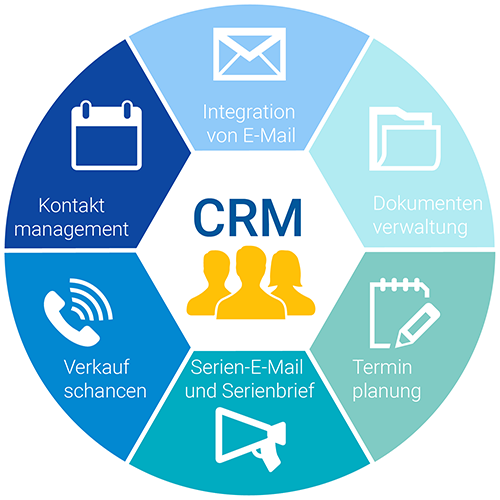crm software definition Customer relationship management system crm
Customer Relationship Management System Crm
What is Customer Relationship Management (CRM)?

Customer Relationship Management, commonly known as CRM, is a system or strategy implemented by businesses to manage and analyze customer interactions and data throughout the customer lifecycle. CRM helps companies build and maintain strong relationships with their customers, improve customer satisfaction, and drive sales growth.
A successful CRM system combines processes, technology, and people to gather, organize, and manage customer information effectively. By centralizing customer data, businesses can provide better customer service, personalize interactions, and boost customer loyalty.
Benefits of CRM for Businesses

Improved Customer Communication: With CRM, businesses can track all customer interactions, including emails, phone calls, and social media interactions. This enables improved communication and helps businesses understand their customers' needs and preferences.
Increased Sales: By analyzing customer data, businesses can identify potential leads and opportunities. By nurturing these leads and tailoring sales strategies, CRM systems help companies convert leads into sales, ultimately driving revenue growth.
Better Customer Service: A CRM system allows businesses to access customer information quickly and efficiently. This enables customer service representatives to provide personalized assistance, address issues promptly, and deliver exceptional customer experiences.
Implementing CRM in Your Business

Implementing a CRM system requires careful planning and execution. Here are a few steps to help you get started:
1. Define Your Objectives:
Identify what your business aims to achieve through CRM. Whether it's improving customer satisfaction, increasing sales, or enhancing customer loyalty, clearly define your goals.
2. Choose the Right CRM Software:
Research and select a CRM software that aligns with your business requirements. Consider factors such as scalability, ease of use, integration capabilities, and security.
3. Gather and Consolidate Data:
In order to have a comprehensive view of your customers, gather all relevant customer data from different sources and consolidate it within the CRM system.
4. Train Your Team:
Provide thorough training to your employees on how to effectively use the CRM system. Ensure they understand the benefits and how it can help them in their daily activities.
5. Monitor and Refine:
Continuously monitor the usage and effectiveness of your CRM system. Make necessary refinements to ensure it remains aligned with your business objectives.
In conclusion, Customer Relationship Management (CRM) is a powerful tool for businesses to effectively manage customer interactions, streamline processes, and drive growth. By implementing a CRM system, businesses can improve communication, increase sales, and enhance customer service. In today's competitive landscape, CRM is becoming increasingly essential for businesses of all sizes. So, consider incorporating CRM into your business strategy to stay ahead in the game and deliver outstanding customer experiences.
If you are looking for Customer Relationship Management System Crm you've came to the right place. We have 1 Pics about Customer Relationship Management System Crm like Customer Relationship Management System Crm and also Customer Relationship Management System Crm. Read more:
Customer Relationship Management System Crm
 www.fuste.pt
www.fuste.pt Customer relationship management system crm
Post a Comment for "crm software definition Customer relationship management system crm"